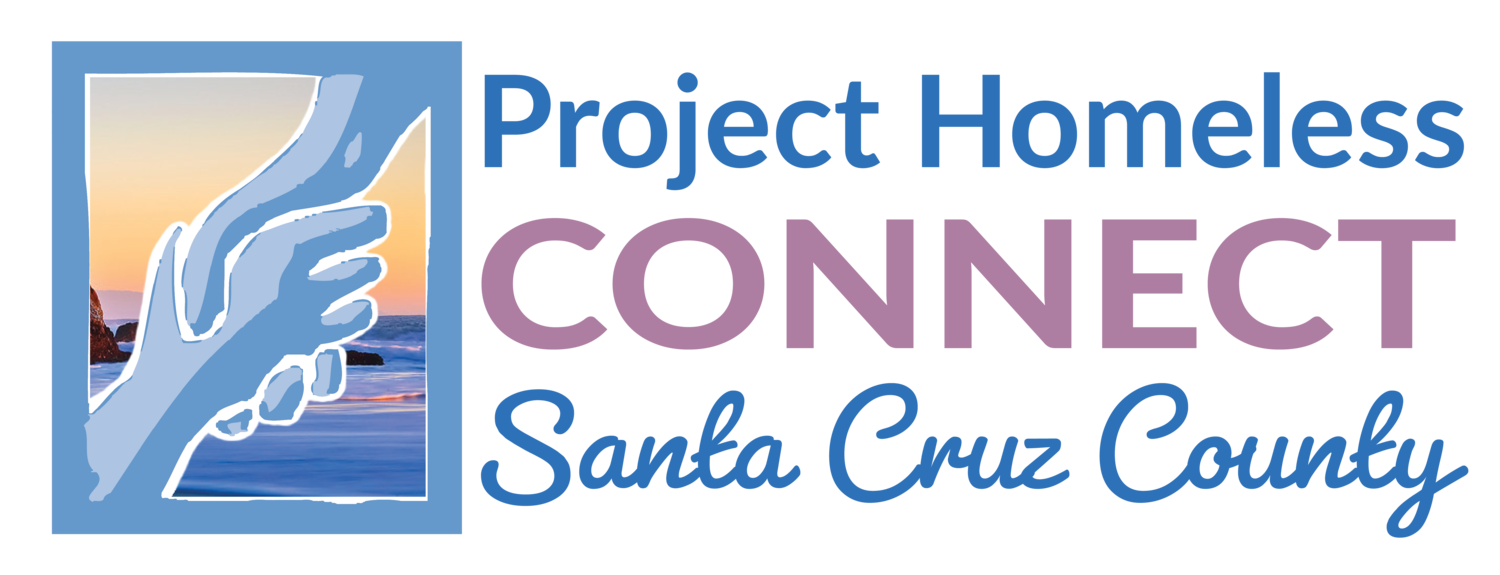2/10/17 4:37 PM PST Jessica A. York, Photo Credit: Dan Coyro
SANTA CRUZ >> From serial inebriates and drug addicts to the homeless and veterans, local law enforcement agencies can feel hamstrung by a lack of options to provide on-demand care.
“If you say, “Today is the day, officer Martinez, I’m done, I want to get into a program,’ I have nowhere to take you,” Santa Cruz Deputy Police Chief Rick Martinez said of community members officers often encounter. “I take you to jail.”
As of this week, however, the police department sees a new path forward — starting with a free ride.
When Santa Cruz officers encounter homeless veterans, they will begin offering them a ride to the nonprofit Veterans Resource Center Santa Cruz, at 1658 Soquel Drive in Live Oak. The newly forged partnership, a pilot program, will require a willingness on behalf of the veteran and verification of their military service before the connection is made, officials said. Though not unlike courtesy rides to mental health services, hospitals and homeless shelters, Martinez said the program may bring longer-term solutions and require an up-front time investment that will bear long-term benefits.
“This is actually a program that takes care of those veterans who served us. And it’s hopefully the future for our entire community,” Martinez said. “Right now, as law enforcement, we don’t have many or any opportunities that’s basically direct access to long-term or direct services, if you will. We make a lot of referrals with our mental health liaison program.”
Typically, officers may come in contact with the veteran because they have committed a crime, a complaint has been made about them, or they are in crisis, Martinez said. A trip to the Veterans Resource Center may, at responding officers’ discretion, replace a trip to the jail — particularly for low-level and minor offenses. The courtesy ride will not serve as a get-out-of-jail-free card, however, as those suspected of committing a crime will still receive a ticket if warranted, he said.
The Veterans Resource Center, funded primarily through federal grants, employs a housing-first model, a philosophy that those in need of help are best served through immediate housing. Supportive services such as addiction treatment, counseling, medical care and mental health come afterward. Underlying the latest partnership, said center site manager Ingrid Trejo, is the ongoing push to end veteran homelessness nationwide. Trejo said earlier this week that 92 known homeless veterans remained across Santa Cruz County.
“I think might be that one last thing that I need to make that sure everybody who’s out there sleeping on the street tonight is going to be contacted, going to be offered something so they don’t have to be there anymore,” Trejo said. “What we’re volunteering to do is to be that first step in the wheel. It’s almost like emergency triage.”
Trejo said working with the police department likely will be an early peek at the area’s larger “coordinated entry” program, aimed at all homeless people. The concept, connecting social service providers together with computer software, means there would be no “wrong” place for someone seeking shelter and assistance to turn to, as described in the 2015 “All In: Toward a Home For Every County Resident.”
The Veterans Resource Center will work to get eligible veterans into emergency housing the same day they are dropped off, Trejo said. For those who are ineligible, the center is working with the Homeless Services Center for alternative opportunities, officials at both agencies said this week. Homeless Services Center Executive Director Phil Kramer said the Veterans Resource Center is helping to tie together ongoing disparate efforts.
“Sometimes getting to a place can be a pretty big barrier. Imagine a day like today, or you’re disabled or you’re experiencing some mental health issue or abuse issue, your cognitive skills can be challenging,” Kramer said on the rainy Thursday afternoon. “I think having additional eyes, ears, feet on the ground with an active and engaged police department, that might certainly help get people connected.”

